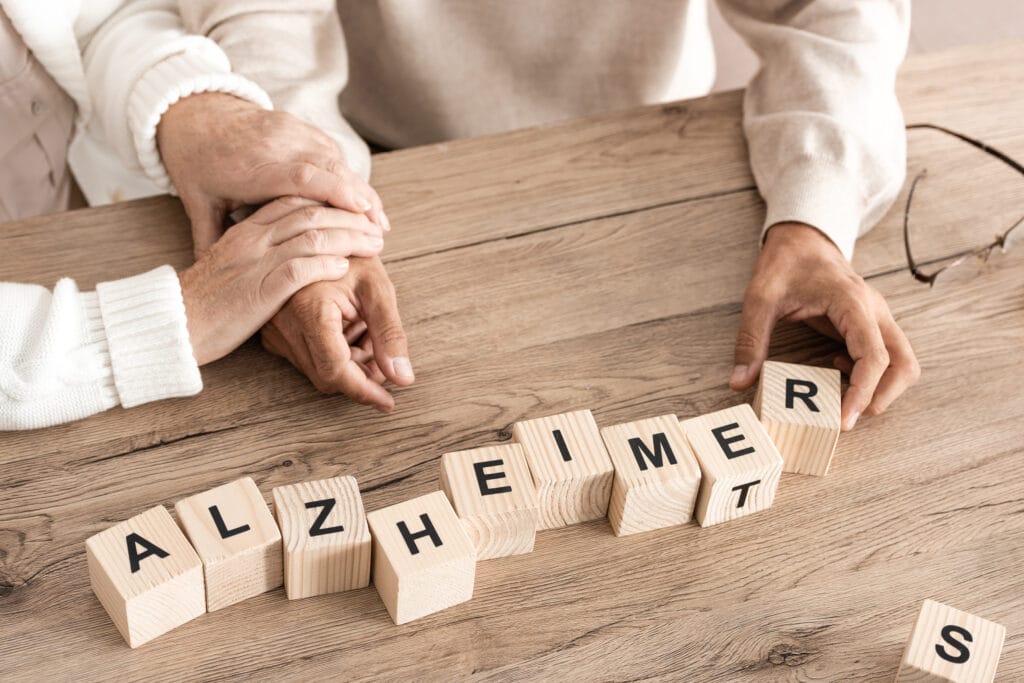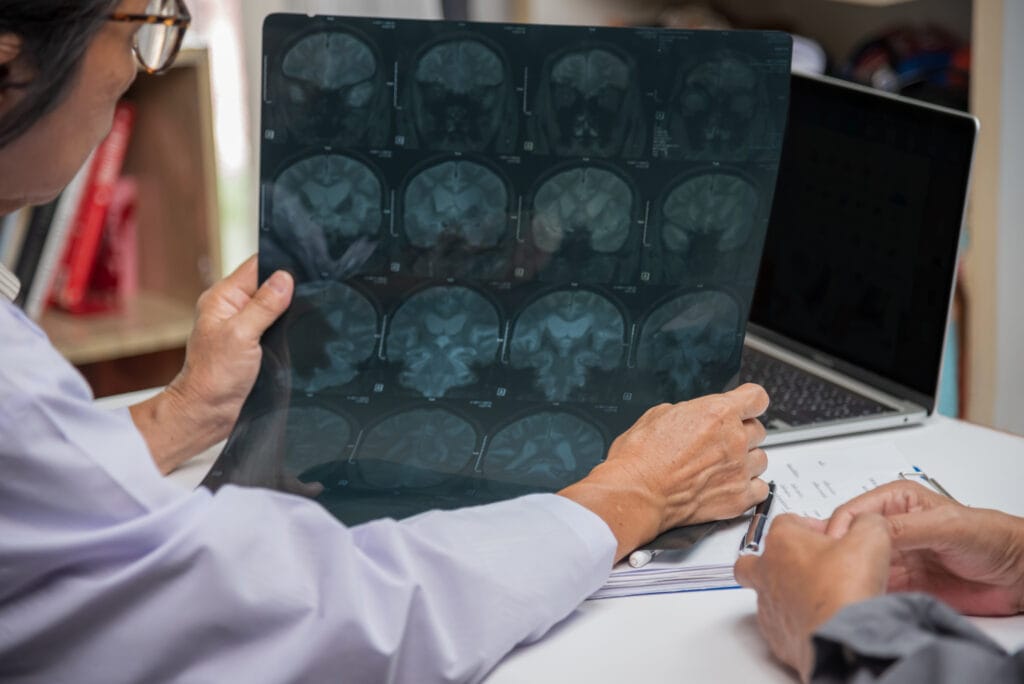Alzheimer's disease Alzheimer's disease is a brain disease that affects memory, thinking, and behavior. Alzheimer's disease is not a normal aging or neurological disease. Currently, there is no cure for Alzheimer's disease. However, both drug and non-drug therapies have shown benefits for both cognitive and behavioral symptoms.

Treatment
1.1 Drug treatment
Cognitive symptoms affect memory, recognition, language, judgment, and other cognitive processes. The U.S. Food and Drug Administration (FDA) has approved medications to treat cognitive symptoms of Alzheimer's disease.
Commonly prescribed medications are:
- Donepezil (Aricept): approved for use at all stages of Alzheimer's disease.
- Rivastigmine (Exelon): approved for use in mild to moderate stages of Alzheimer's disease.
- Galantamine (Razadyne): approved for use in mild to moderate stages of Alzheimer's disease.
- Memantine (Namenda): regulates the activity of glutamate, a neurotransmitter involved in memory and learning. This drug is approved for use in moderate to severe Alzheimer's disease.
- Donanemab:The drug donanemab has been shown to reduce the risk of memory and cognitive decline in patients with 30%. Alzheimer, but this rate doubles to 60% if patients are treated early. (could be licensed later this year)

Behavioral Symptoms: Causes and Treatments
Behavioral changes are often considered the most difficult and disturbing aspect of Alzheimer's disease. These changes include anxiety, worry, hostility, and sleep disturbances. The underlying cause of these behavioral and psychological symptoms is the continued damage to brain cells.
Drug treatment for behavioral symptoms
There are two types of treatments for behavioral symptoms: nonpharmacological interventions and medications. Nonpharmacological treatments should be considered first.
1.2 Non-drug treatment methods
Non-pharmacological treatment steps include:
- Identify the symptoms.
- Understand the underlying causes.
- Change the care environment to remove difficulties or barriers.

Determining the underlying cause of a patient's behavior helps determine the most appropriate treatment. Often, the causes may be related to changes in the patient's environment, such as:
- New caregiver.
- Hospitalization.
- Ask to shower or change clothes.
Medication can be effective in managing behavioral symptoms, but should be used with caution and is most effective when combined with other nonpharmacological approaches. Specific medications should be targeted to address the individual's specific symptoms, and treatment should be carefully monitored by the patient's physician and family.
2. Conclusion
Treating dementia in the elderly is a process that requires patience and understanding of the disease. To help patients get the best care, family members can read more articles in the care handbook, especially for dementia in the elderly. In addition, we can completely consider professional care services at home, with personalized services, suitable for treatment needs as well as not disturbing the patient's familiar living environment.




